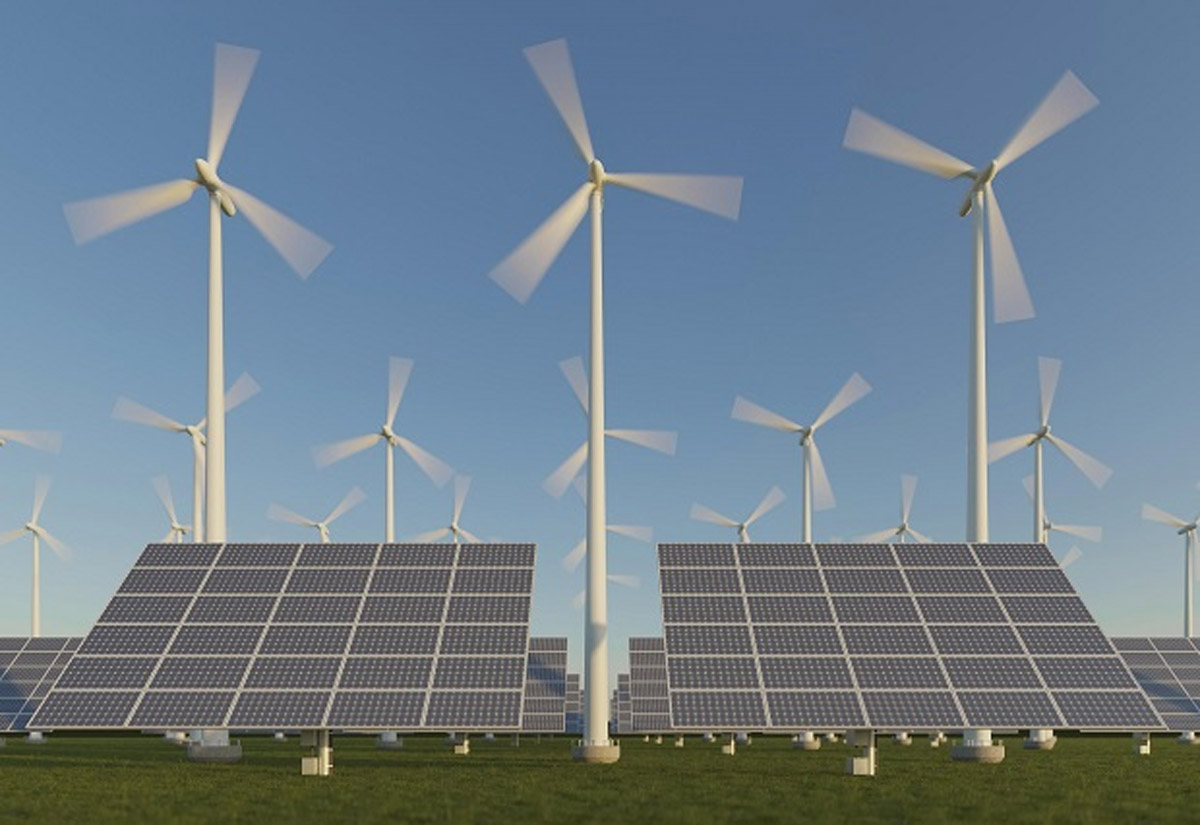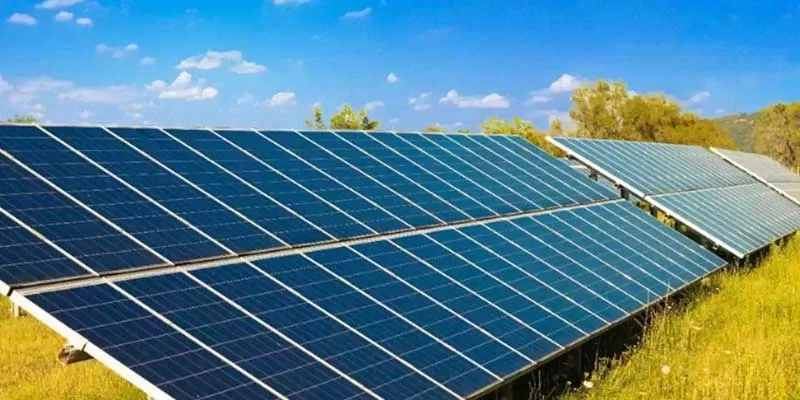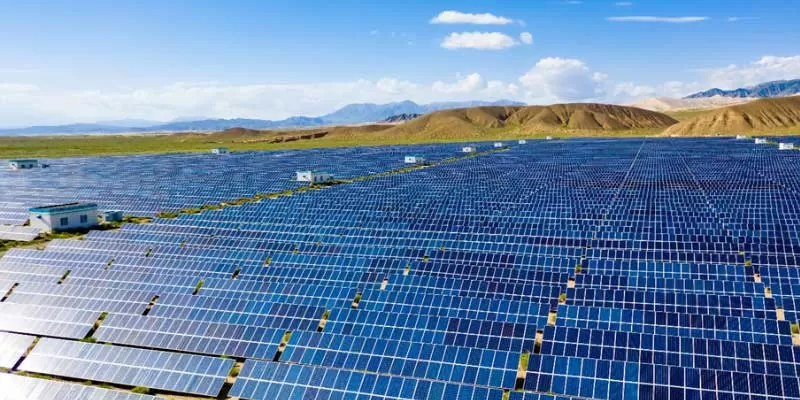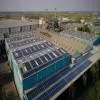
RERC approves tariff adjustments and amendments for biomass projects

EDF Eyes Renewable Partnerships with NTPC, CIL, and Actis
EDF India has signed non-binding term sheets with NTPC, Coal India Ltd (CIL), and global investor Actis to advance renewable energy projects in India. Under this collaboration, NTPC will develop, own, and operate pumped storage projects (PSPs), standalone hydropower, and hybrid renewable energy projects. EDF has proposed a 50:50 joint venture with NTPC and a separate JV with CIL to pursue PSPs and renewable projects in India and neighboring countries. India’s National Electricity Plan 2023 estimates a need for 74 GW/411 GWh of energy storage systems by 2031-32, including 27 GW/175 GWh from ..

West Bengal Seeks O&M Bids for 1.891 MW Solar Project
The West Bengal Power Development Corporation (WBPDCL) has invited bids for the comprehensive operation and maintenance (O&M) of a 1.891 MW rooftop solar project at Kolaghat Thermal Power Station for two years. Bids must be submitted by March 29, 2025, and will be opened on April 2. An earnest money deposit of Rs 89,332 is required, and successful bidders must provide a performance bank guarantee of 10% of the contract value within 30 days of the work order issuance. If the accepted bid value is 80% or lower than the estimated value, an additional performance security of 10% is mandatory. ..

EDF Eyes Renewable Partnerships with NTPC, CIL, and Actis
EDF India has signed non-binding term sheets with NTPC, Coal India Ltd (CIL), and global investor Actis to advance renewable energy projects in India. Under this collaboration, NTPC will develop, own, and operate pumped storage projects (PSPs), standalone hydropower, and hybrid renewable energy projects. EDF has proposed a 50:50 joint venture with NTPC and a separate JV with CIL to pursue PSPs and renewable projects in India and neighboring countries. India’s National Electricity Plan 2023 estimates a need for 74 GW/411 GWh of energy storage systems by 2031-32, including 27 GW/175 GWh from ..














